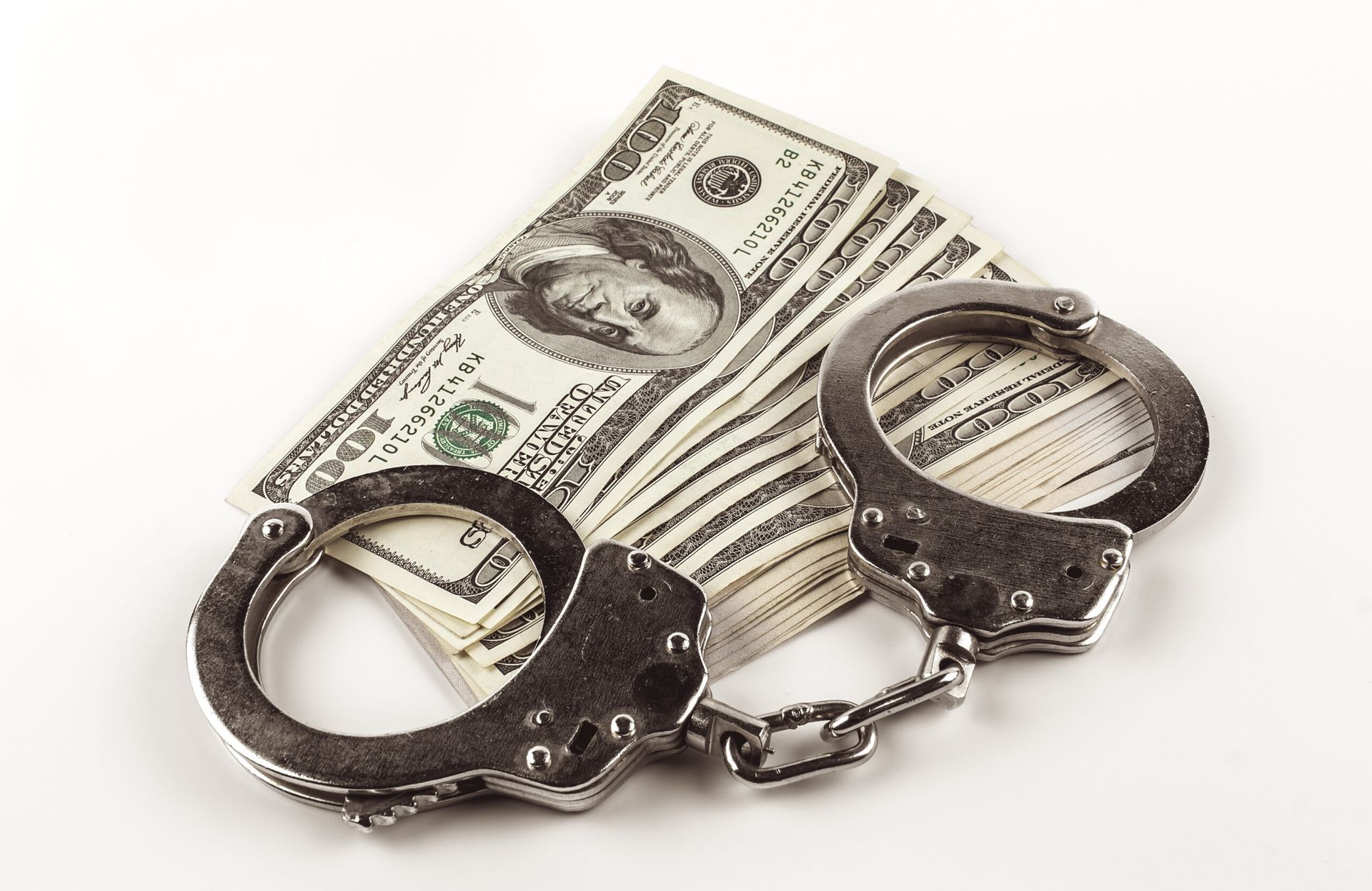Navigating Estate Valuations: A Guide for Families and the Importance of Preparation
- By Dave McGinnis
- •
- 13 Nov, 2023
Navigating Estate Valuations: A Guide for Families and the Importance of Preparation

Introduction:
Dealing with the financial affairs of a loved one's estate can be a daunting task, and understanding the intricacies of estate valuations is crucial. As experienced CPAs, we understand that families often face numerous challenges during such times. In this comprehensive guide, we'll shed light on estate valuations and provide insights on what families need to know before reaching out to a CPA.
Understanding Estate Valuations:
Estate valuations involve determining the total value of a deceased individual's assets for tax purposes. This process is critical for settling the estate, as it directly impacts inheritance tax, estate tax, and the distribution of assets among beneficiaries.
Key Points Families Need to Know:
1. Gather Comprehensive Documentation:
· Collect detailed information about the deceased's assets, including real estate, investments, and personal property.
· Keep records of debts, outstanding loans, and any other financial obligations.
2. Appraisals and Market Values:
· Real estate, valuable collectibles, and unique assets may require professional appraisals to determine their fair market value.
· Be prepared to provide documentation supporting the valuation process.
3. Understand Tax Implications:
· Different assets may have varying tax implications. Familiarize yourself with the potential tax liabilities associated with the estate.
· Consult with a CPA to explore strategies for minimizing tax burdens.
4. Engage a Qualified CPA Early:
· Seek the assistance of a CPA with expertise in estate valuations as early as possible.
· A CPA can guide you through the process, ensuring compliance with tax regulations and helping you make informed decisions.
5. Communication and Transparency:
· Foster open communication among family members to avoid conflicts during the valuation process.
· Transparency with your CPA is key to ensuring an accurate and efficient valuation.
The Role of a CPA in Estate Valuations:
A Certified Public Accountant plays a crucial role in simplifying the complexities of estate valuations. They bring expertise in tax regulations, financial analysis, and an understanding of the unique challenges families face during these emotional times.
Conclusion:
In the wake of losing a loved one, navigating the intricacies of estate valuations can be overwhelming. However, with careful preparation and the guidance of a seasoned CPA, families can ensure a smooth and accurate valuation process. Our team at McGinnis CPA is here to assist you every step of the way. Contact us to schedule a consultation and let us help you navigate this challenging but essential aspect of estate planning.

Introduction:
White collar theft is an unfortunate reality that businesses of all sizes must contend with. As guardians of your financial well-being, we understand the importance of implementing robust measures to safeguard against such risks. In this blog post, we'll explore the nuances of white-collar theft and provide actionable strategies for businesses to fortify their defenses.
Understanding White Collar Theft:
White collar theft encompasses a range of non-violent, financially motivated crimes typically committed by individuals within an organization. From embezzlement to fraudulent activities, these offenses can have a significant impact on a company's bottom line and reputation.
Warning Signs and Vulnerabilities:
1. Unexplained Financial Discrepancies:
· Keep a vigilant eye on financial records. Discrepancies between reported and actual finances could be a red flag.
2. Overreliance on a Single Individual:
· Avoid concentrating financial responsibilities in the hands of one person. Implement checks and balances to distribute responsibilities.
3. Inadequate Internal Controls:
· Weak internal controls create opportunities for theft. Regularly review and strengthen internal processes to minimize vulnerabilities.
4. Unusual Behavior or Lifestyle Changes:
· Sudden lifestyle changes or unexplained behavior from employees may indicate financial misconduct.
Protective Measures Against White Collar Theft:
1. Establish Clear Policies and Procedures:
· Clearly define financial policies and procedures. Regularly communicate and enforce them to create a culture of accountability.
2. Implement Strict Access Controls:
· Restrict access to financial systems and sensitive information. Grant access only to individuals who need it for their roles.
3. Conduct Regular Audits:
· Regular internal and external audits help identify irregularities and ensure compliance with financial controls.
4. Educate Employees:
· Train employees on the risks of white-collar theft and the importance of ethical behavior. Foster a culture of transparency and honesty.
5. Hire Ethical Individuals:
· Implement thorough background checks during the hiring process to identify potential risks before they become liabilities.
The CPA's Role in Prevention:
Your Certified Public Accountant is not just a number cruncher; they are a strategic partner in safeguarding your business. With their expertise, CPAs can:
· Conduct Risk Assessments: Identify vulnerabilities in your financial processes.
· Implement Fraud Prevention Programs: Establish proactive measures to prevent and detect fraud.
· Assist in Internal Investigations: If suspicions arise, CPAs can assist in conducting thorough internal investigations.
Conclusion:
Protecting your business against white collar theft requires a multifaceted approach. By being vigilant, implementing strong controls, and leveraging the expertise of your CPA, you can fortify your defenses and ensure the financial health and integrity of your organization. Ready to bolster your financial security? Contact us at McGinnis CPA for personalized strategies tailored to your business. Together, let's build a resilient and thriving financial future.

